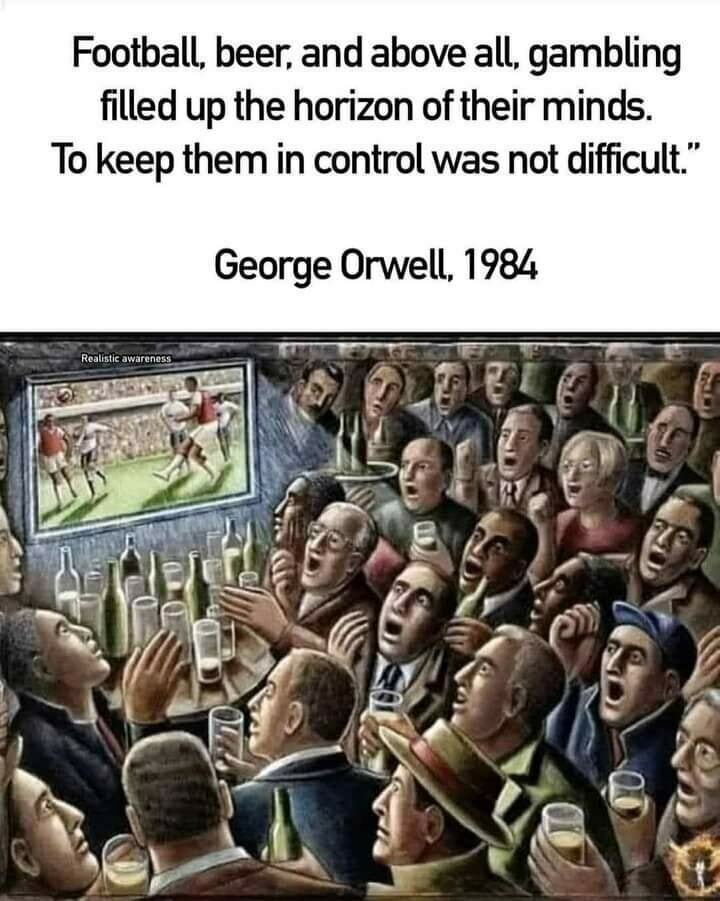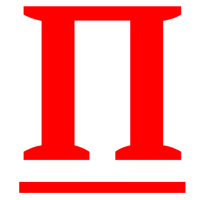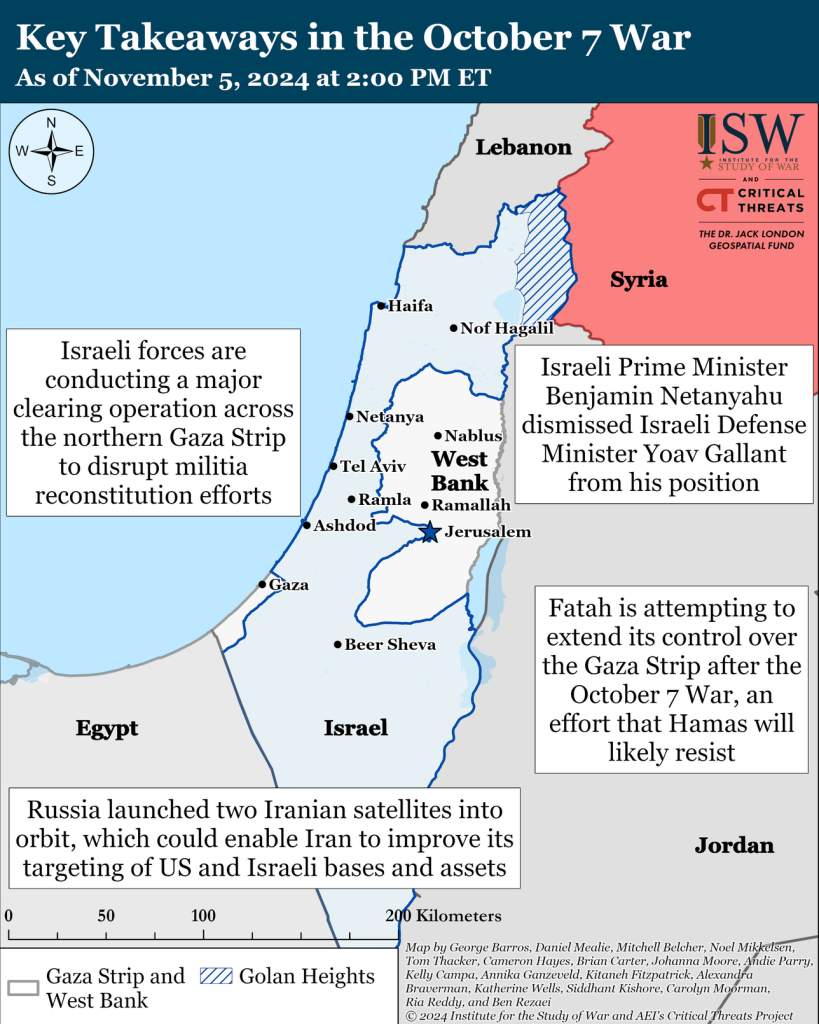Suche
Beiträge, die mit study getaggt sind
About the length of the working day
“...it would be wrong to think that it is possible to achieve such a serious cultural growth of the members of society without serious changes in the present state of labor. For this purpose it is necessary first of all to reduce the working day to at least 6 and then to 5 hours. This is necessary in order to give the members of society enough free time for a comprehensive education. For this it is necessary, further, to introduce compulsory polytechnic education, necessary for the members of society to be able to freely choose a profession and not be chained for life to one profession....
Joseph Stalin, “Economic Problems of Socialism in the USSR,” September 28, 1952”
After Stalin's death, the USSR leadership removed from the agenda the need to move to a six-hour day for the masses.
https://ru.wikipedia.org/wiki/Шестичасовой_рабочий_день
#USSR #russian #soviet #history #Stalin #communism #socialism #workerrights #humanrights #study for #future
Iran Update, November 8, 2024 - EUROPE SAYS
Iran Update, November 8, 2024 Johanna Moore, Siddhant Kishore, Annika Ganzeveld, Ben Rezaei, Avery Borens, Adiv Kuray,EUROPE SAYS (EUROPESAYS.COM)
Iran Update, November 5, 2024 - EUROPE SAYS
Iran Update, November 5, 2024 Carolyn Moorman, Johanna Moore, Annika Ganzeveld, Andie Perry, Siddhant Kishore, Ben Rezaei,EUROPE SAYS (EUROPESAYS.COM)
For more details (in Russian) on the methods and mechanisms of the collapse of the Soviet Union, see S.G. Kara-Murza, Manipulation of Consciousness -
#USSR #soviet #russian #revolutions #Lenin #Stalin #bolsheviks #ideology #communism #socialism #history #study for #future
Comment Khrouchtchev a fait dérailler la locomotive de l’histoire
Nous sommes entre nous... dans ce blog qui a rompu les ponts avec les réseaux sociaux et qui cherche à construire dans notre petit collectif un lieu de réflexion collective puisque cela n'est pas permadmin5319 (Histoire et société)
#humanity #selfeducation #study for #future

Μια ανατομία του πολέμου - Triklopodia
Γράφει ο Κώστας Λάμπος claslessdemocracy@gmail.com, Ο πόλεμος είναι ο πατέρας των πάντων και ο βασιλιάς των πάντων, που μερικούς τους...admin (Triklopodia)
...
Under communism, the superstructure presupposes the free and dynamic development of the basis as an organic side of social production, and the basis gives room for the development of the superstructure. In this sense, the formation "communism" is opposite not to the formation "capitalism", but to all class formations together. That is why the reasoning of various left-wing theorists about the contradictions between socialist production and social relations is deeply erroneous. It is correct to speak of the struggle of the old exploitative modes with the new communist mode.
Since in an exploitative society socio-economic processes are mostly spontaneous, production anarchy reigns, in the pair base - superstructure the leading role in the pair remains with the base, and the superstructure is a kind of reflection of the requirements of the dominant relations of the base. In communist society, however, it is the superstructure, in the form of the policies of the party and the state, that becomes the leading one, and the basis the slave. This is a very important point that the left does not understand. That is why Lenin argued that it is enough for the working class in alliance with the peasantry to take power and on the basis of the dictatorship of the proletariat it is possible to build the basis of communism. That is why the statements of certain figures widely known in leftist circles that the USSR allegedly perished because Russia was too economically backward are anti-Marxist. For them, the great Stalinist industrialization is not the construction of communism, but merely the bourgeois modernization of the economy, the elimination of industrial backwardness. They do not want to see that under Stalin not just built a lot of plants and factories, creating from scratch entire industries, but built exactly that new communist relations.
...
#politics #economy #USSR #marxism #communism #history #study for #future

Замечание о проблеме изучения левыми гибели СССР
№ 9/85.IX.2023 Все согласны с тем, что нужно извлечь опыт из истории рождения, развития и гибели СССР. Однако с осмыслением этого опыта наблюдаются явные проблемы. Можно констатировать, что до сих …Прорывист
#communism #manifest #workersrights #Marx #Engels #history #study for #future
Manifesto of the Communist Party
Manifesto issued by Marx in 1848, regarded as founding documents of Communismwww.marxists.org
Raising anti-Russia
The idea that Russia is a real kingdom of evil has been instilled in children in Ukraine from an early age. A large amount of children's propaganda literature was found on the territory liberated from Ukrainian neo-Nazis during a military special operation. At the same time, the books are designed for children of any age, starting from the very young.
In 2015 the publishing house "Mamino Solnyshko" published a children's book "Glory to Heroes! Stories for Children about Heroes of the Front and Home Front", which describes the "feats" of the participants of the ATO ("anti-terrorist operation" of Kiev's neo-Banderites in Donbass). The 15,000 copies of this publication were sold out in a few days. The authors thought that children should know the language of hatred from a young age, and put in the book such expressions as "the Muscals showed their animal face," "Muscal tanks," and "the Separas lost a dozen killed."
...
https://aftershock.news/?q=node%2F1281837
#ukraine #Maidan #ukrainian #propaganda #children #study #mindmanipulation #Bandera #nazi #neo-nazi destroy #culture #ato #anti-Russia #Donbass #blameRussia #history #USSR
#study #celebrities #followers #peoples #intelligence #socialnetworks

Celebrity worship and cognitive skills revisited: applying Cattell’s two-factor theory of intelligence in a cross-sectional study - BMC Psychology
Background Almost two decades of research produced mixed findings on the relationship between celebrity worship and cognitive skills.BioMed Central
Just don’t expect it to reduce traffic.
Pic/cartoon: André Philippe Côté
#climatechange #Nature #climate #development #gasemissions #cars #car #planet #biodiversity #people #Science #study #photo #ClimateEmergency #climatejustice #Photography #gas #oil





